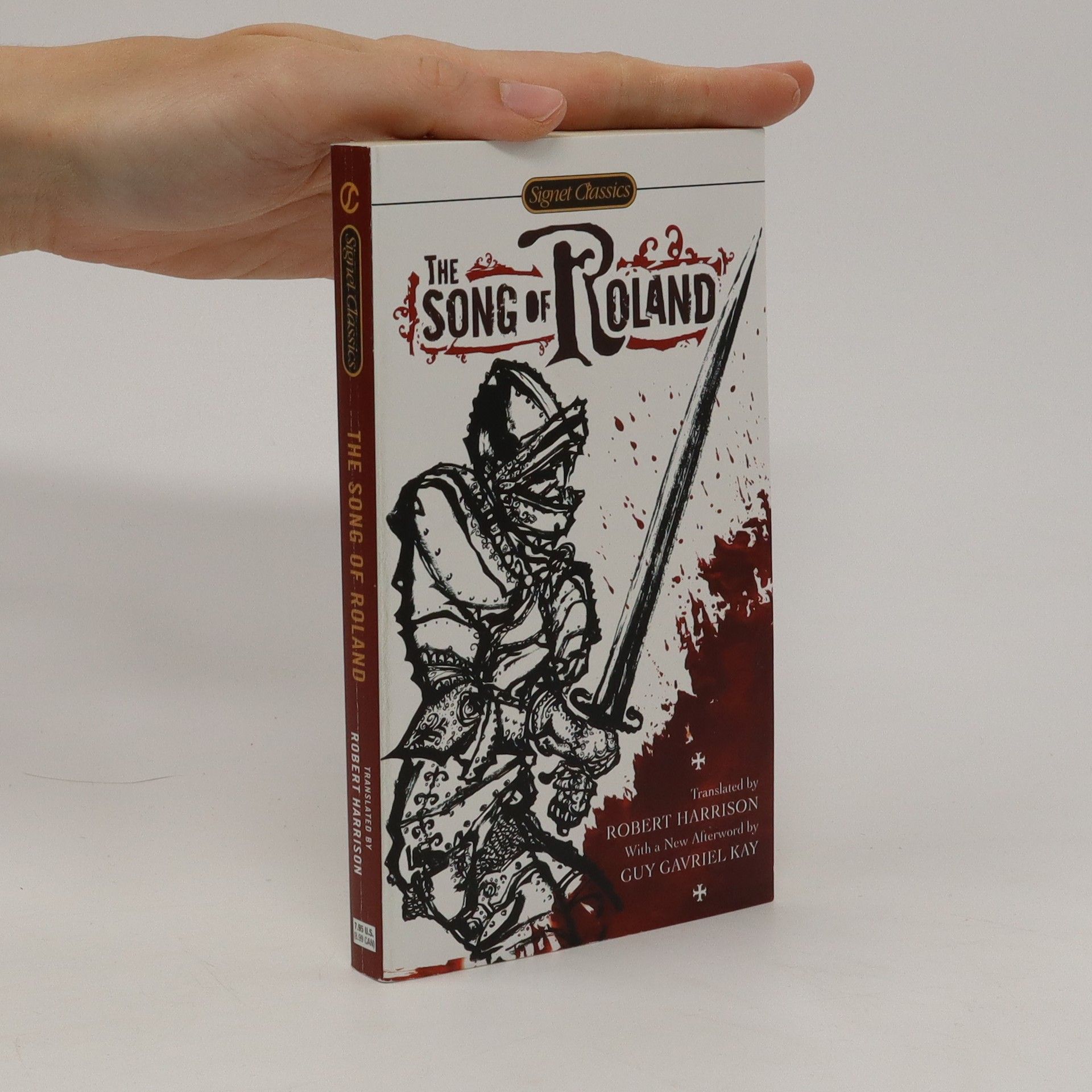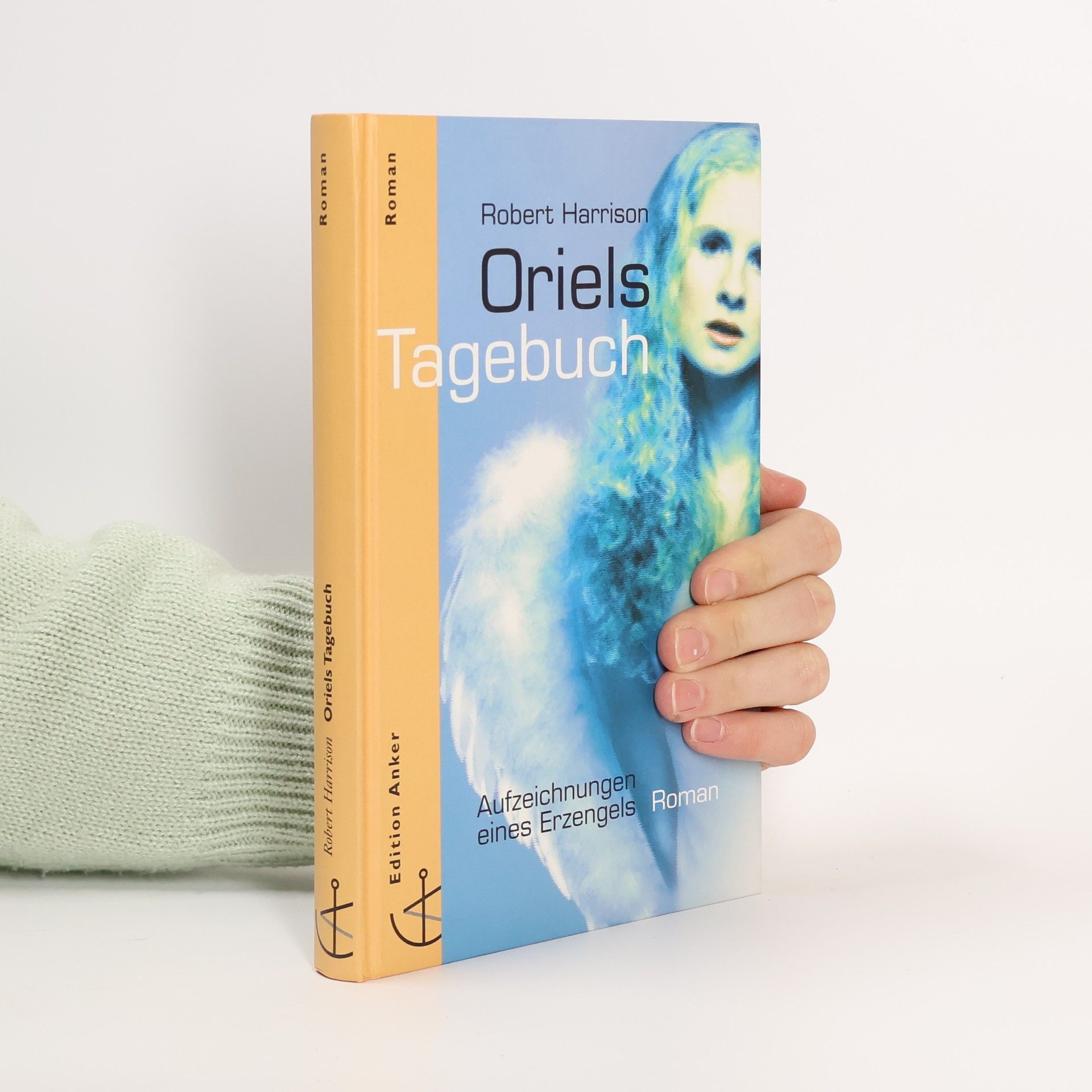Oriels Tagebuch
- 191 Seiten
- 7 Lesestunden
Im Himmel herrscht große Aufregung. Gott der Herr hat beschlossen, auf der Erde eine ganz besondere Mission durchzuführen: Sein Sohn soll selbst als Mensch geboren werden und die Errettung der Welt einleiten. Die Engel sind entsetzt. Einer von ihnen, Oriel, hält in seinem Tagebuch die Entwicklung der Dinge fest. Die Organisation des Auftrags liegt in den Händen der Erzengel und Engel, die sich alle Mühe geben, alle Gefahrenquellen auszuschalten. Trotzdem geht manches schief, und am Schluss scheint das Unternehmen schließlich ganz gescheitert zu sein. Mit Witz und Tiefgang erzählt „Oriels Tagebuch“ die Geschichte Jesu aus einer ganz neuen Perspektive. Der Text lehnt sich dabei eng an das Lukasevangelium an. Ein Buch, das Neugierige und Bibel-Unkundige gleichermaßen in seinen Bann zieht!


